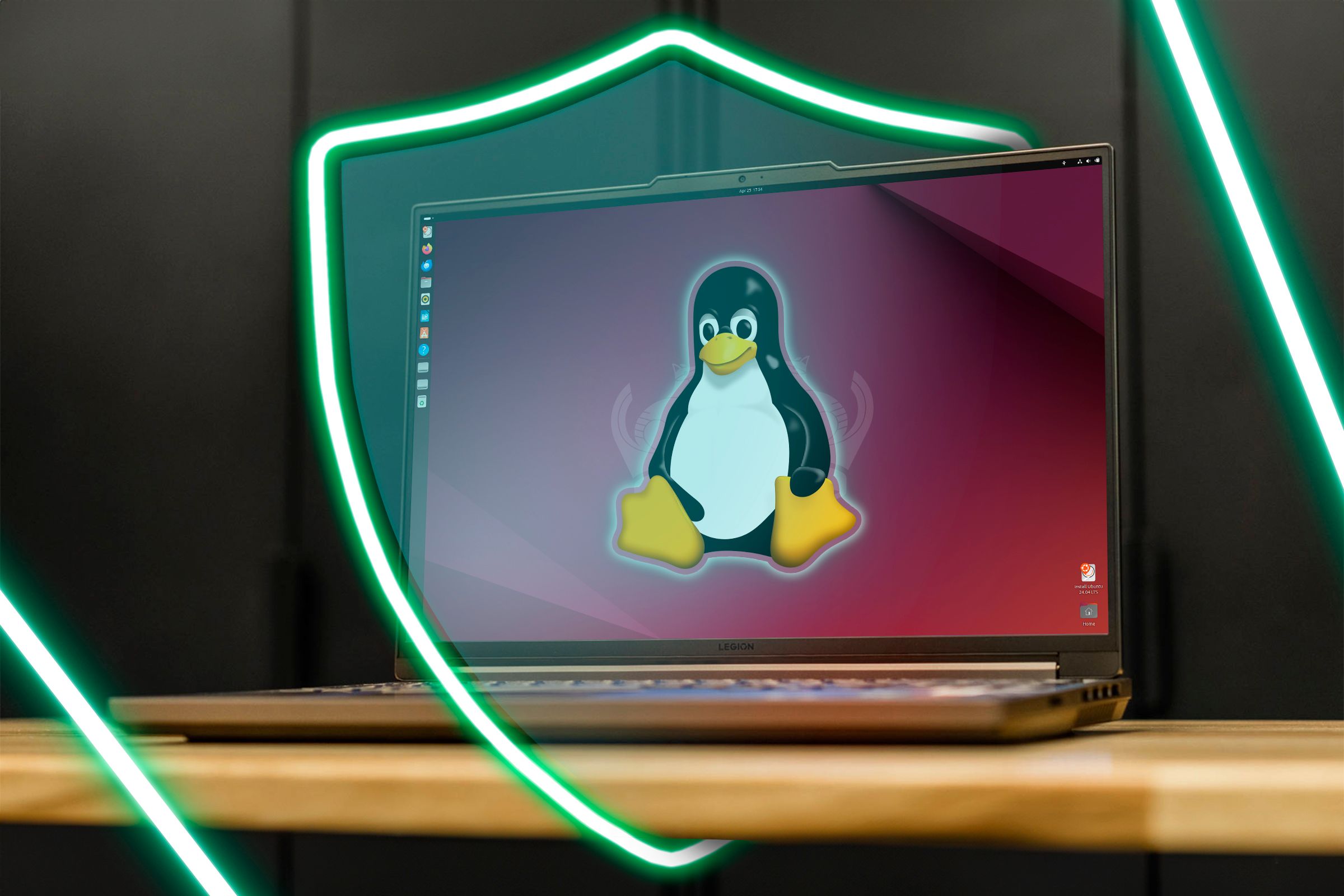Proton VPN Now Supports WireGuard on Linux
Linux
Proton VPN’s Linux application now supports the WireGuard protocol. This greatly improves Proton VPN speed and security on the Linux platform while also eliminating a major pain point for users.
While OpenVPN is still a very useful and popular protocol, WireGuard is a far leaner, faster, and more auditable option. Proton says that the addition of WireGuard support on Linux will improve Proton VPN speeds by up to 400%—a fantastic leap that, when combined with Proton VPN’s ad-blocking and port-forwarding functionality, gives Linux fans a good reason to look into the Proton software ecosystem.
Technically speaking, Proton VPN customers could already access WireGuard in Linux by manually configuring the WireGuard VPN CLI within their Linux operating system. But this manual process was far too tedious. Today, WireGuard is right there in the Proton VPN Linux GUI. Select WireGuard from your Connection settings and hit the ground running—just as you would on Windows or macOS.
But even with newfound WireGuard support, the Proton VPN Linux app is kind of bare bones. The GUI isn’t up to speed with other Proton VPN desktop applications, and Linux still can’t access Proton VPN’s split tunneling feature (neither can macOS or iOS, to be fair). Proton’s censorship-busting Stealth Protocol, which would be incredibly useful in Linux, is also absent from the Proton VPN Linux client.
And, of course, we’re still waiting for a Proton Drive Linux app. Those who want to access Proton Drive on the Linux desktop need to do it through rclone or another third-party solution.
Proton VPN is available in both free and premium flavors. The premium option, which costs as little as $4.50 a month (billed annually), includes port forwarding and is the ideal option for most people. In any case, you can install Proton VPN today with or without a paid subscription.
Source: Proton















